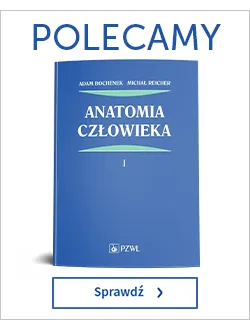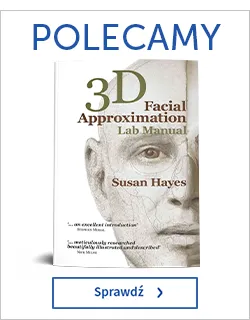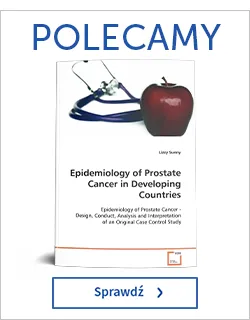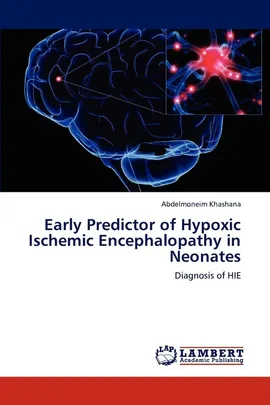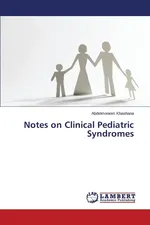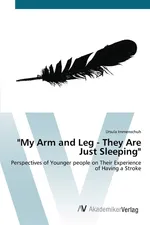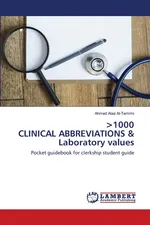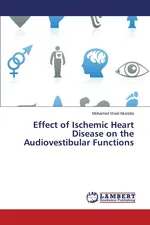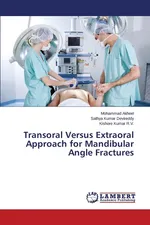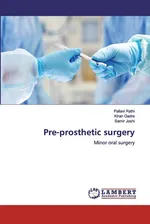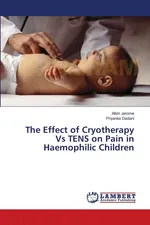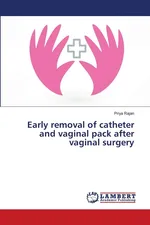- Kategorie:
- Język wydania: angielski
- EAN: 9783659232367
- Liczba stron: 136
- Wymiary: 15.2x22.9cm
- Data premiery: 01.01.2012
-
Sposób dostarczenia produktu fizycznegoSposoby i terminy dostawy:
- Kurier DPD - dostawa 1 dzień roboczy
- Punkty odbioru DPD - dostawa 1 dzień roboczy
- InPost Paczkomaty 24/7 - dostawa 1 dzień roboczy
- ORLEN Paczka - dostawa 1 dzień roboczy
- Odbiór w Punktach Poczta, Żabka - dostawa 2 dni robocze
- Pocztex (dostawa do domu lub pracy) - dostawa 2 dni robocze
- Odbiór osobisty w księgarni PWN - dostawa 2-3 dni robocze
Ważne informacje:Czas oczekiwania na zamówiony towar = czas wysyłki produktu + dostawa przez przewoźnika- Całkowity czas oczekiwania na realizację zamówienia jest sumą czasu wysyłki podanej na stronie każdego produktu oraz czasu potrzebnego przewoźnikowi na dostarczenie paczki. Podane terminy dotyczą zawsze dni roboczych (od poniedziałku do piątku, z wyłączeniem dni wolnych od pracy).
- Wysyłkę zamówień prowadzimy jedynie na terenie Polski.
- Dostawa do Księgarni PWN, punktów ORLEN Paczka, stacji Orlen, sklepów Żabka oraz Paczkomatów InPost nie jest realizowana dla zamówień z płatnością przy odbiorze.
- Cena towaru na fakturze VAT jest podwyższona o ewentualny koszt transportu.
- W przypadku zamówienia kilku towarów koszt przesyłki wybranej przez Klienta zostanie podzielony i przyporządkowany proporcjonalnie do cen kupionych produktów.
- Produkty dostępne w PRZEDSPRZEDAŻY wysyłane są po dacie premiery wydawniczej.
Early Predictor of Hypoxic Ischemic Encephalopathy in Neonates
(Książka)-
Druk: 2012
-
Autor: Abdelmoneim Khashana
-
Wydawca: KS OmniScriptum Publishing
- Zamów z DPD (kurier lub punkty) do 19:30, a Twoją paczkę wysyłamy jeszcze dziś i dostarczymy jutro!
Uwaga! Dotyczy dni roboczych (poniedziałek-piątek, z bez dni wolnych od pracy) oraz towarów dostępnych w magazynie. Paczki dostarczamy wyłącznie na terenie Polski, jeśli wartość zamówienia przekroczy 500 zł nie oferujemy płatności przy odbiorze.
| Przedpłata (Przelewy24) do 299 zł | od 299 zł | |
|---|---|---|
| ORLEN Paczka |
9,99 zł | 0 zł |
| Odbiór w Punktach Poczta, Żabka | 10,99 zł | 0 zł |
| Pocztex | 11,99 zł | 0 zł |
| InPost Paczkomaty 24/7 |
13,99 zł | 0 zł |
| Kurier DPD |
12,49 zł | 0 zł |
| Punkty odbioru DPD |
10,99 zł | 0 zł |
| Odbiór w Księgarni PWN |
0 zł | 0 zł |
| Płatność przy odbiorze do 299 zł | od 299 zł | |
|---|---|---|
| Odbiór w Punktach Poczta, Żabka | 14,99 zł | 0 zł |
| Pocztex | 15,99 zł | 0 zł |
| Kurier DPD |
16,49 zł | 0 zł |
Early Predictor of Hypoxic Ischemic Encephalopathy in Neonates
Hypoxic ischemic encephalopathy (HIE) refers to the neurological signs and symptoms that are induced by hypoxia and ischemia. In spite of major advances in monitoring technology and knowledge of fetal and neonatal pathologies, perinatal asphyxia or, more appropriately, hypoxic-ischemic encephalopathy (HIE), remains a serious condition, causing significant mortality and long-term morbidity. Hypoxic-ischemic encephalopathy (HIE) in neonates is often difficult to diagnose in 'real time' at the bedside because of the variety of disorders that can cause neonatal seizures and other nonspecific signs of encephalopathy. Asphyxia has been associated with hemodynamic alterations which may be fundamental in producing the cardiomyopathy. Neonatal asphyxia is associated with cardiomyopathy & cardiac injury due to asphyxia, ischemia and acidosis. Cardiac troponin offers the most exciting potential, very specific serum marker of myocardial injury as apart of multiorgans affection occurring in neonatal asphyxia
-
Inne autora
-
Inne z kategorii
-
Inne wydawcy


